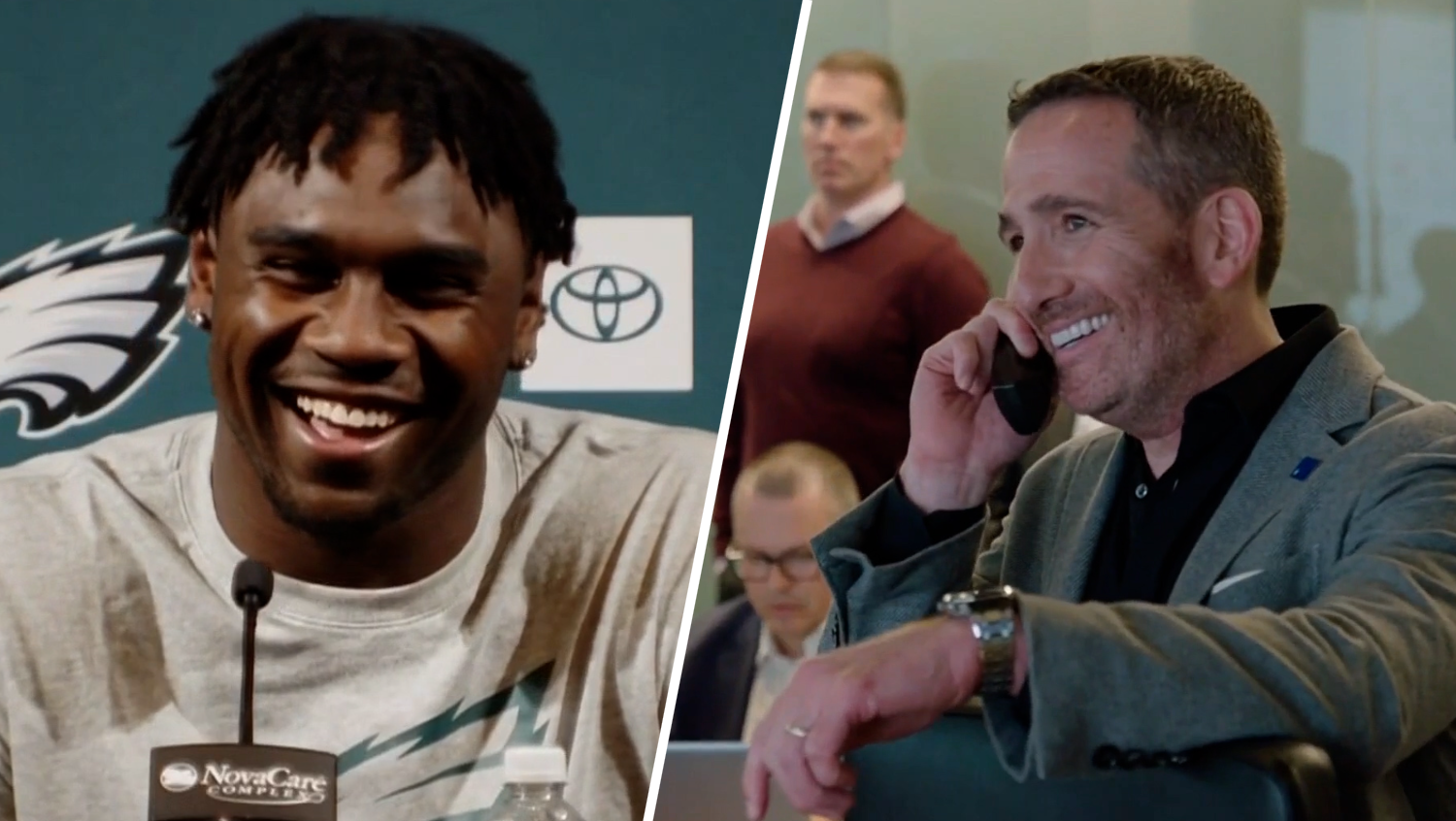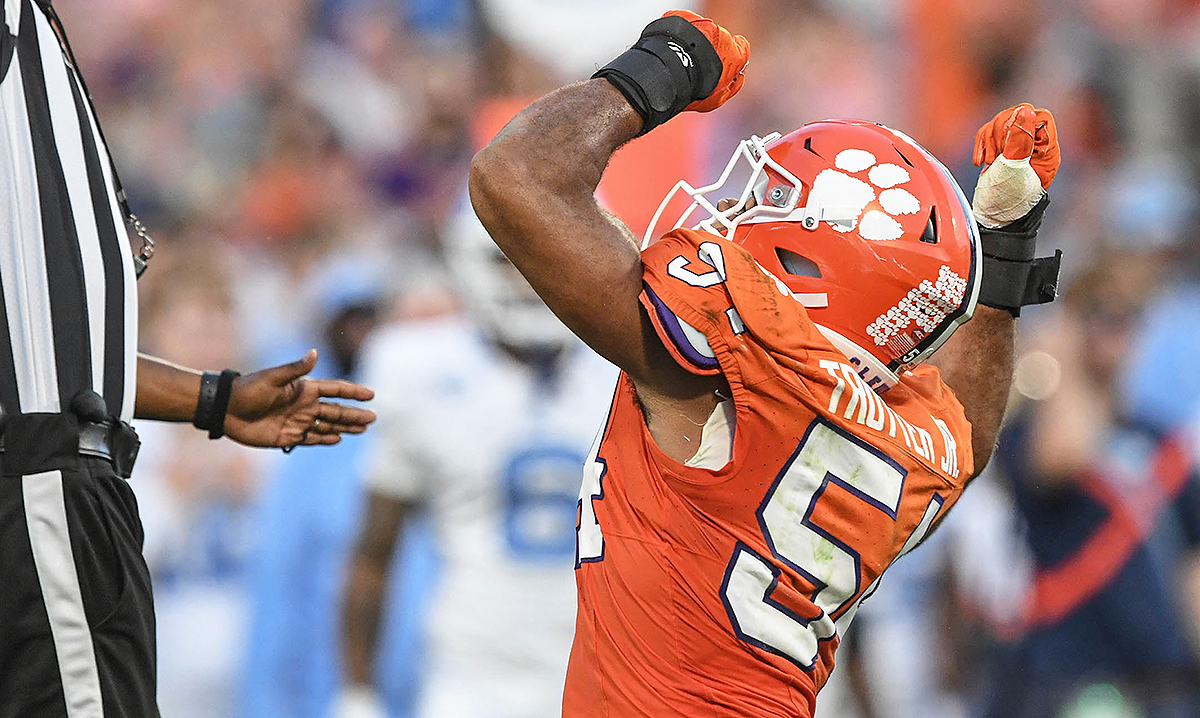
There's no denying Terrell Owens was one of the most talented wide receivers in NFL history. The numbers speak for themselves. Owens, who played 15 seasons for five teams including the Eagles, is ranked sixth all-time with 1,078 receptions, second with 15,934 yards and third with 153 touchdowns.
Those numbers would warrant automatic inclusion into the Pro Football Hall of Fame for any receiver -- any receiver who's not "T.O." that is.
Owens was passed over for the 2016 Hall of Fame class announced last week, his first year of eligibility, even while a peer with slightly lesser numbers was chosen in Marvin Harrison. As Gary Myers of the New York Daily News revealed on Thursday's edition of The Dan Patrick Show, this was no accident.
It turns out Owens' penchant for becoming a disruption in the locker room was the reason for the snub, and while off-field behavior is not a consideration for this honor, as Myers explains, this particular player's actions had a profound effect on the game.
"The bottom line on T.O. is he was so disruptive. Now with [Hall of Fame linebacker Lawrence Taylor] you don't count the off-the-field stuff, that's a mandate from the Hall of Fame. It's only what you've done on-the-field. The argument that was made in the room, and I agreed with this, is what T.O. did in the locker room is part.
"He tore teams apart. He's a Hall of Fame player that five teams couldn't wait to get rid of. So what does that tell you about how disruptive he was? I do think he will get into the Hall of Fame. I don't think there's any question about it. I think what happened in the locker room, and getting thrown off of five teams and being considered a cancer certainly prevented him from being a first-ballot Hall of Famer."
It's an excellent point, and one Eagles fans can certainly understand.
NFL
In 2005, Owens allowed frustrations over a contract dispute with the organization boil over into the locker room, leading to altercations with teammates both on and off the field. There was even talk of players taking sides until Owens was eventually suspended for the remainder of the season. One year after losing to the New England Patriots by three points in the Super Bowl, the Eagles finished 6-10 and out of the playoffs.
Should the negative impact a player had on teams be taken into account even if it can't be measured or isn't necessarily visible? Is that Owens' true legacy?
In this case, you can certainly make an argument -- and voters did.
Myers makes another great point as well, though, that being Owens will likely get inducted into the Hall sooner rather than later. There's no real sense in debating his credentials, because they're so obvious. For over a decade, Owens was one of the most dominant receivers to ever play in the NFL. Eventually, that simple fact will become impossible to overlook.
That doesn't mean he needed to get in on his first ballot. Time will correct any perceived injustice here, but the reality is Owens has only himself to blame if people believe his antics were problematic enough that they diminished an otherwise amazing career.


